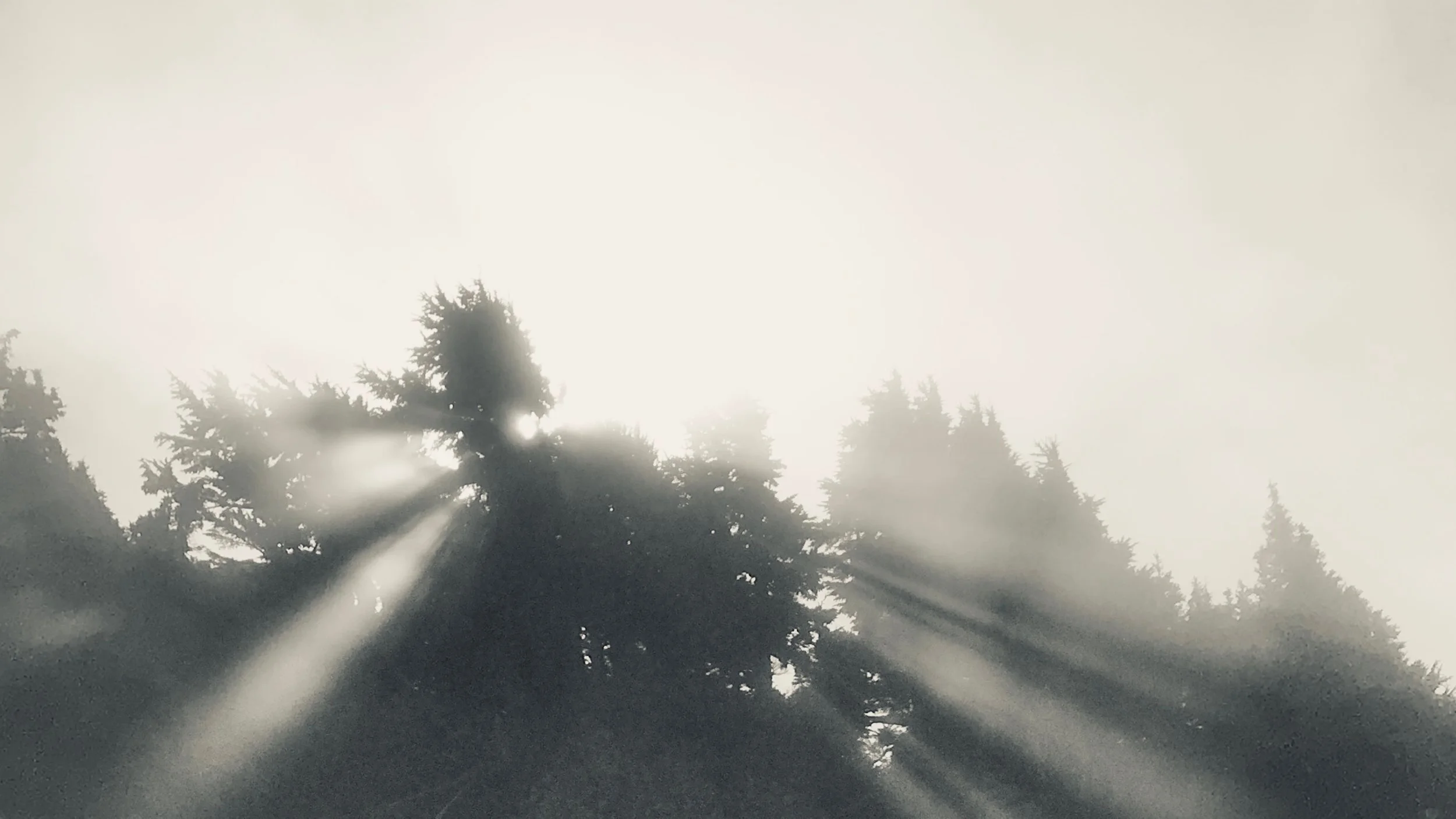On our thirty-eighth anniversary vacation, Doug and I drove up the east side of Baja in a futile search for coral reefs that weren’t dead. Each trip into the water with snorkel, mask, and fins made us that much sadder. Thus, on the actual day of our anniversary, 66 and 65 years old, looking for some totem of celebration rather than a reminder of our complicity in wrecking the world, we gave up the search and signed up for our first surfing lessons in Cabo del San Jose.
At the surf shop, a bachelorette party from our region back home—Coeur D’Alene—circled around the lovely bride-to-be who’d stepped on a sea urchin during their lesson. They were bubbly as champagne, vacationing in the sun while their hometown shivered in November’s clamp down. The bride focused on her foot, digging the tiny spines out with a needle the surf shop provided. Her friends were giddy with some days of unfettered girl fun, an open bar at their hotel, and the promises of bright horizons for all their imagined futures.
We shared their excitement, and then I mentioned that today was our 38th anniversary. Their group conversation stopped. One asked what we’d learned. What advice did we have? We’d never been asked this before, not by our peers, and certainly not by young adults.
My words came fast and unblinking: know that you’ll be wrong almost every time with your partner, about almost everything.
Did I just say that?
The nods of understanding all around took me aback. Apparently, what had taken me nearly four decades of marriage to learn, they’d already had enough experience to see for themselves.
My husband chimed in with a single word of advice: “Patience.” He was speaking from the long view wherein both people, eventually, come to acknowledge their misperceptions and exaggerations of the Other. For the first fifteen years of our marriage, these confessions happened only after the boil of an argument, maybe hours after. Sometimes not fully until two days later. In the meantime, both of us hoarded our righteousness like treasure.
But it hurt. The Buddha said carrying anger is holding a hot ember in your hands. Who can deny that? The world is divided into those who think they are right. That’s a joke. But it’s not.
There is everything to celebrate about our decades years of knitting a life together, not only two thriving children but also our mode of defusing conflict. There is no perfect person, but there might be some perfect ways to sculpt relationships over time. “Anger,” jokes The Sun writer Sparrow, “is a natural, organic expression of life, like lima-bean sprouts. It’s only when anger gets ornamented with ideas that it becomes dangerous.” Those ideas proliferate in the after-argument stew of rumination into two bleak and lonely cages of me versus you.
These days, the white flags of surrender go up before arguments get traction. Does anyone really “win” an argument and manage to feel connected to their partner?
Now, all it takes is for one of us to ask, “How’s your heart?” and there’s nothing left to say. That heart–maybe we could call it wisdom–which used to hide from our tension like the dog did, steps in front of Righteousness with humility, in a grandmotherly sort of way. She’ll notice both people in their separate cages and sigh. Her kind gaze says it all: Life’s too short. Suddenly, Righteousness feels not only too costly but even silly and a little shamefaced.
Don’t be afraid to be wrong. As Sparrow says, we are “just primates arbitrarily wearing clothes.” Our understandings will always and forever be partial. Let go. Maybe that’s a fuller way to understand the uselessness of right and wrong, me versus you. Letting go.
How’s your heart?

